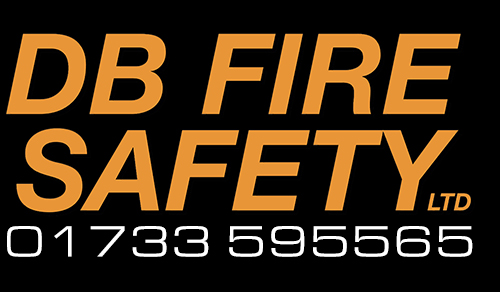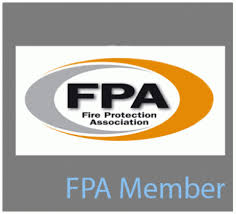As regular reader of the DB Fire Safety blog, you will be aware of the necessity to comply with the Fire Regulatory Reform (Fire Safety) Order 2005…..particularly if you are an owner of a residential care home.
Only recently, the owner of a residential care home in Washington, Tyne & Wear was sentenced following five breaches of  fire safety regulations.
fire safety regulations.
The fire destroyed a bedroom and also caused damage to a corridor and smoke damage to other bedrooms and the laundry room.
It was reported that the fire started in a bedoom, but because the fire door had been wedged open, this resulted in the smoke and heat spreading to the communal corridor. Another bedroom door had also been wedged open and the smoke and heat travelled into this bedroom too.
Because fires can spread extremely quickly (within minutes), the staff had trouble in sourcing where the fire had started. An elderly lady, where the fire started, became trapped in her room. Firefighters were, however, able to enter the building wearing breathing apparatus to rescue her safely through a first floor window.
Tyne & Wear Fire and Rescue Service uncovered the following breaches of the Fire Regulatory Reform (Fire Safety) Order, as follows:
- Two fire doors had been wedged open, when they should always be kept closed.
- Almost half of the fire extinguishers had been condemned by the company’s appointed contractor.
- The company failed to comply and carry out a number of requirements identifed in a fire risk assessment. These requirements included installing electronic devices which would allow fire doors to be wedged open but, in the event of a fire, enabling them to close quickly in an emergency.
Fire can kill, and this particular residential care home owner was fortunate that no-one was seriously injured or killed. The £380k penalty is signficant but it sends out an important message in respect of the value of carrying out fire risk assessments and to comply with Fire Regulatory Reform (Fire Safety) Order.






 tenants.
tenants. nd carrying out fire risk assessments;
nd carrying out fire risk assessments; 